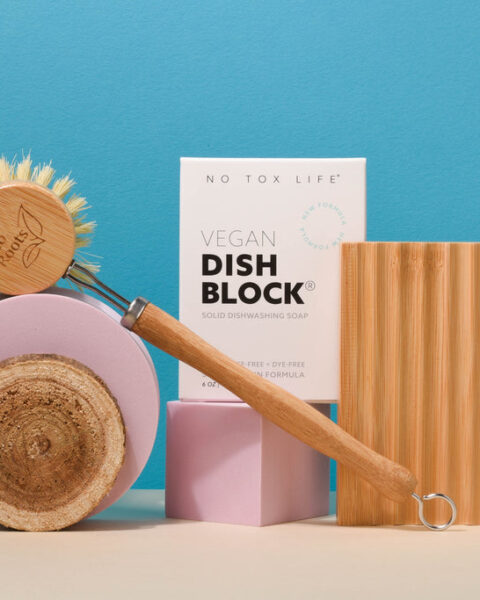Sugar and sweeteners often come with a side of controversy, with many claims about their effects on health. But how much of what we hear is actually true? Whether you’re cutting back or just curious, understanding the truth behind these sweeteners is essential.
Contents
- 1 Sugar Causes Hyperactivity in Children
- 2 Artificial Sweeteners Are Worse Than Sugar
- 3 Natural Sugars Are Healthier Than Added Sugars
- 4 Sugar Is Addictive Like Drugs
- 5 Cutting Out Sugar Completely Is Necessary for Health
- 6 Sugar-Free Products Are Always Healthier
- 7 All Calories from Sugar Are Bad
- 8 Honey Is a Healthier Substitute for Sugar
- 9 Sugar Causes Diabetes
- 10 Brown Sugar Is Healthier Than White Sugar
- 11 More From RetailShout
- 12 16 Must-Have Aldi Fridge and Freezer Finds Under $10
- 13 13 Stylish Sam’s Club Clothing Deals to Snag in November
Sugar Causes Hyperactivity in Children

The belief that sugar causes hyperactivity in children has been around for decades, but studies show no direct link between sugar intake and hyperactivity. The idea likely stems from the excitement of parties and events where sugary treats are common, not the sugar itself. While a sugar rush can give a quick energy boost, it doesn’t cause long-term hyperactivity. Understanding this can help parents make more informed decisions about their kids’ diets.
Artificial Sweeteners Are Worse Than Sugar
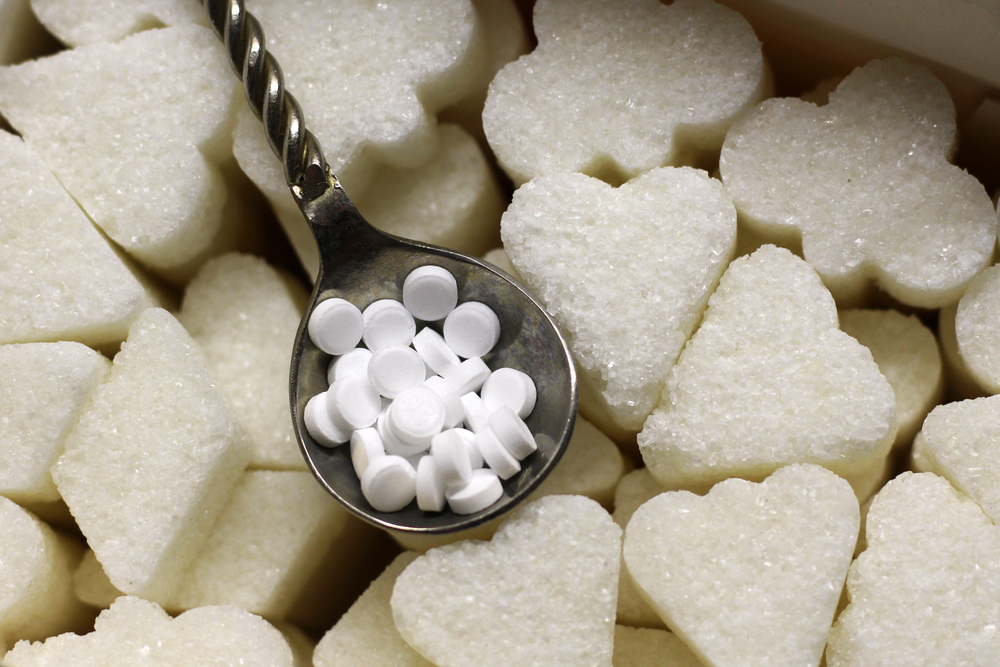
Artificial sweeteners often get a bad rap, but they’re not necessarily worse than sugar. They can be a useful tool for those looking to reduce their calorie intake. While some concerns have been raised about potential health risks, most regulatory agencies consider them safe in moderation. The key is to use them wisely as part of a balanced diet.
Natural Sugars Are Healthier Than Added Sugars
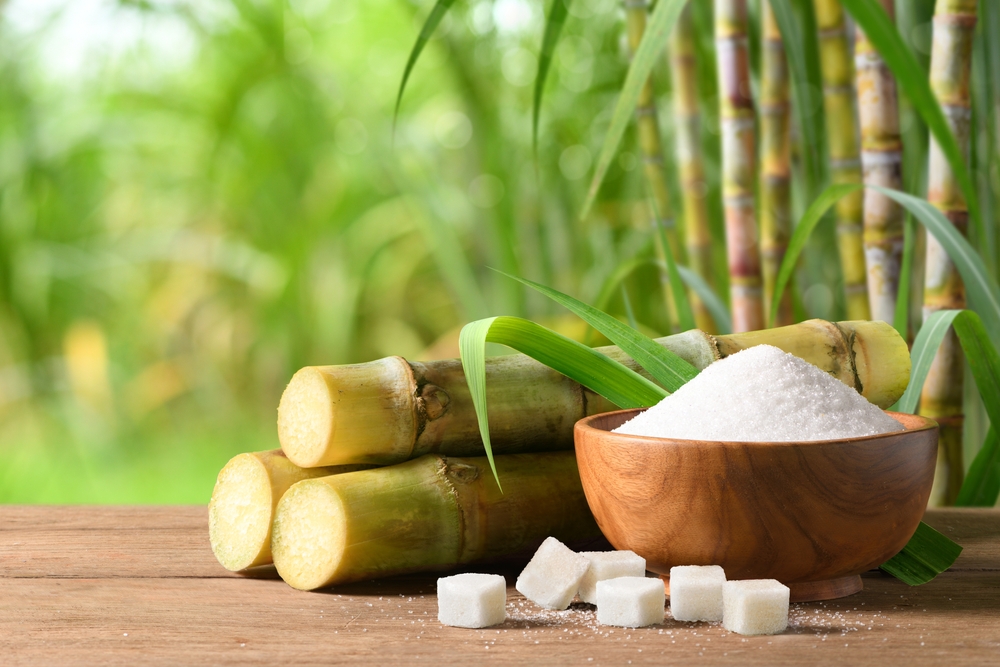
Many people assume that natural sugars, like those in fruits, are inherently healthier than added sugars found in processed foods. However, the body processes both types of sugar in the same way. The real difference lies in the nutritional value of the food as a whole. Fruits come with fiber, vitamins, and minerals, while foods with added sugars often lack these benefits.
Sugar Is Addictive Like Drugs

There’s a common belief that sugar is as addictive as drugs like cocaine, but the science doesn’t fully support this. While sugar can trigger the release of feel-good chemicals in the brain, it doesn’t cause the same compulsive behavior seen with drug addiction. Sugar cravings are more about habits and preferences rather than true addiction. Moderation and a balanced diet can help manage sugar cravings effectively.
Cutting Out Sugar Completely Is Necessary for Health

Some believe that cutting out sugar completely is the only way to stay healthy, but this isn’t necessary for most people. Sugar, in moderation, can be part of a healthy diet. The real issue lies in overconsumption and not balancing sugar intake with other nutrients. Rather than eliminating sugar, focusing on overall diet quality is a more sustainable approach.
Sugar-Free Products Are Always Healthier
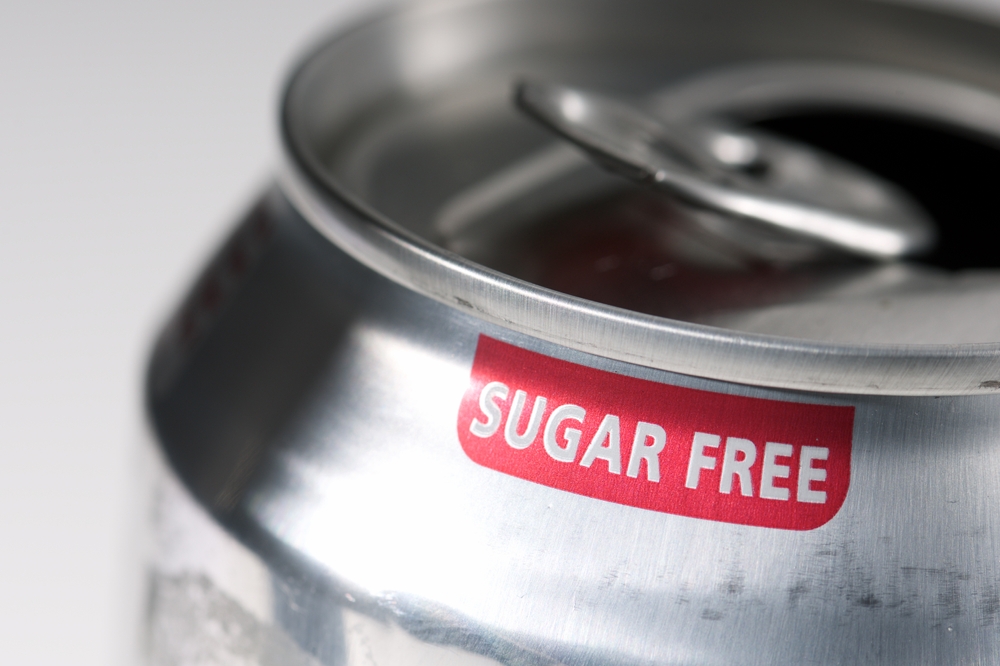
It’s easy to think that sugar-free products are automatically healthier, but that’s not always the case. Many sugar-free items contain artificial sweeteners, which may have their drawbacks. Additionally, these products can sometimes contain more calories and unhealthy fats to make up for the lack of sugar. It’s important to read labels carefully and consider the whole nutritional profile.
All Calories from Sugar Are Bad

The idea that all calories from sugar are bad oversimplifies the role of sugar in our diet. While excessive sugar intake can lead to health issues, not all sugar calories are equal. For example, the sugar in a piece of fruit comes with beneficial nutrients, unlike the empty calories from a soda. It’s about the overall nutritional value, not just the sugar content.
Honey Is a Healthier Substitute for Sugar
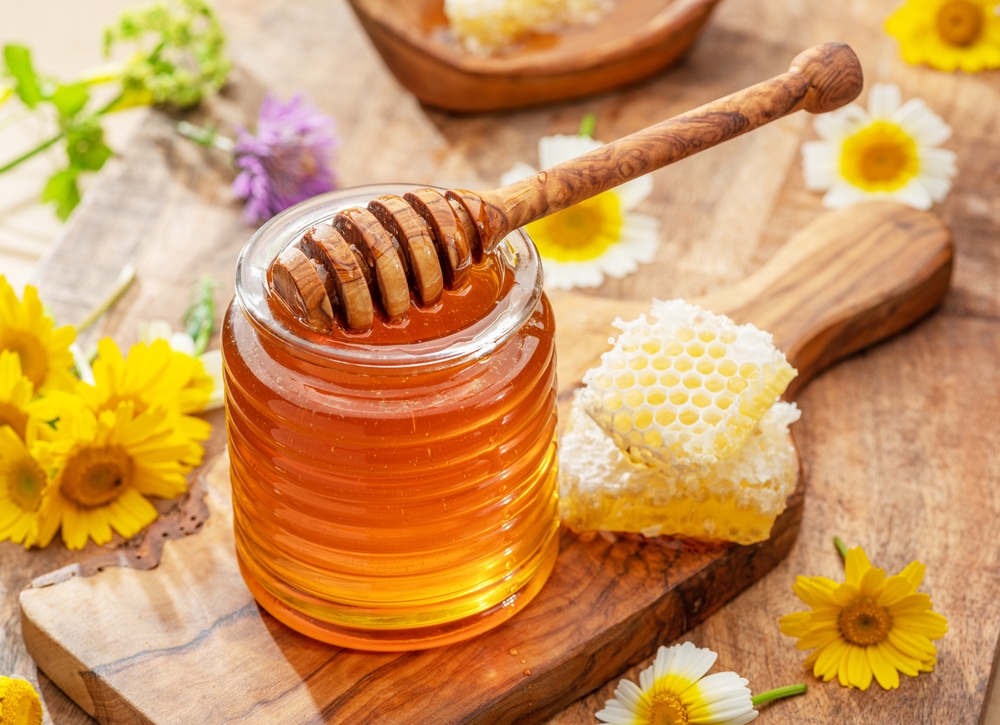
Honey is often touted as a healthier alternative to sugar, but it’s not that simple. While honey does contain some vitamins and antioxidants, it’s still high in sugar and calories. Its health benefits are minimal when used in small amounts typical for sweetening food. Like any sweetener, honey should be used in moderation as part of a balanced diet.
Sugar Causes Diabetes

Many people think that eating sugar directly causes diabetes, but that’s not entirely accurate. Type 2 diabetes is more closely linked to overall diet, lifestyle, and genetics rather than sugar alone. Consuming too much sugar can contribute to weight gain, which is a risk factor for diabetes, but it’s not the sole cause. Managing weight, staying active, and eating a balanced diet are key to diabetes prevention.
Brown Sugar Is Healthier Than White Sugar
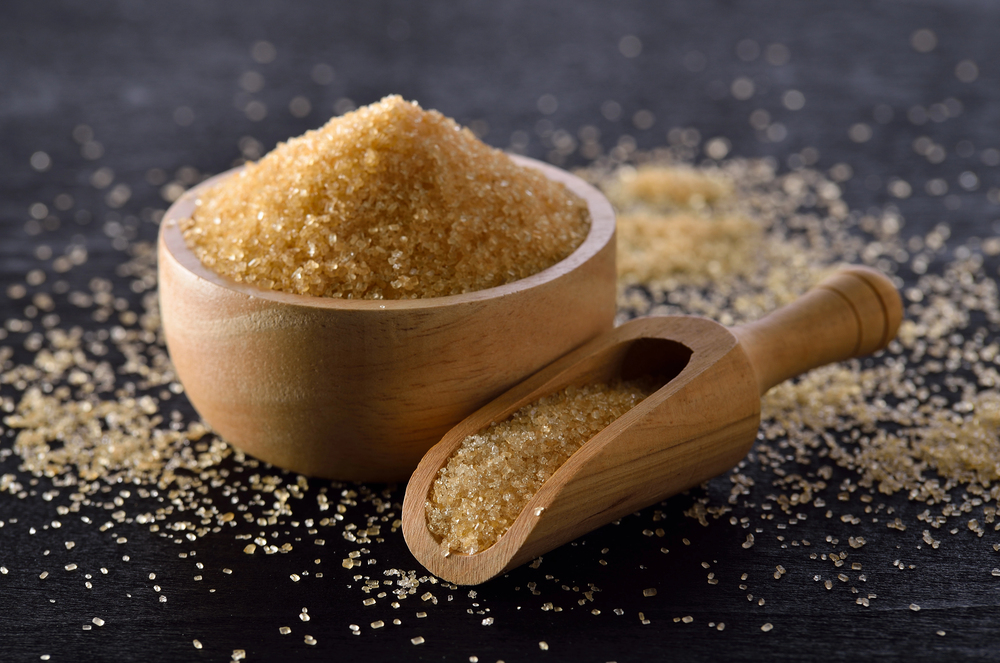
Brown sugar is often seen as a healthier option compared to white sugar, but the differences are minimal. Brown sugar contains molasses, giving it a slight mineral content, but it’s still primarily sugar. The nutritional differences are so small that they don’t make a significant impact on health. Choosing between brown and white sugar should come down to taste preference, not health concerns.
This article originally appeared on RetailShout.
More From RetailShout
15 Freezer Deals at Costco You’ll Want to Buy in Bulk This November
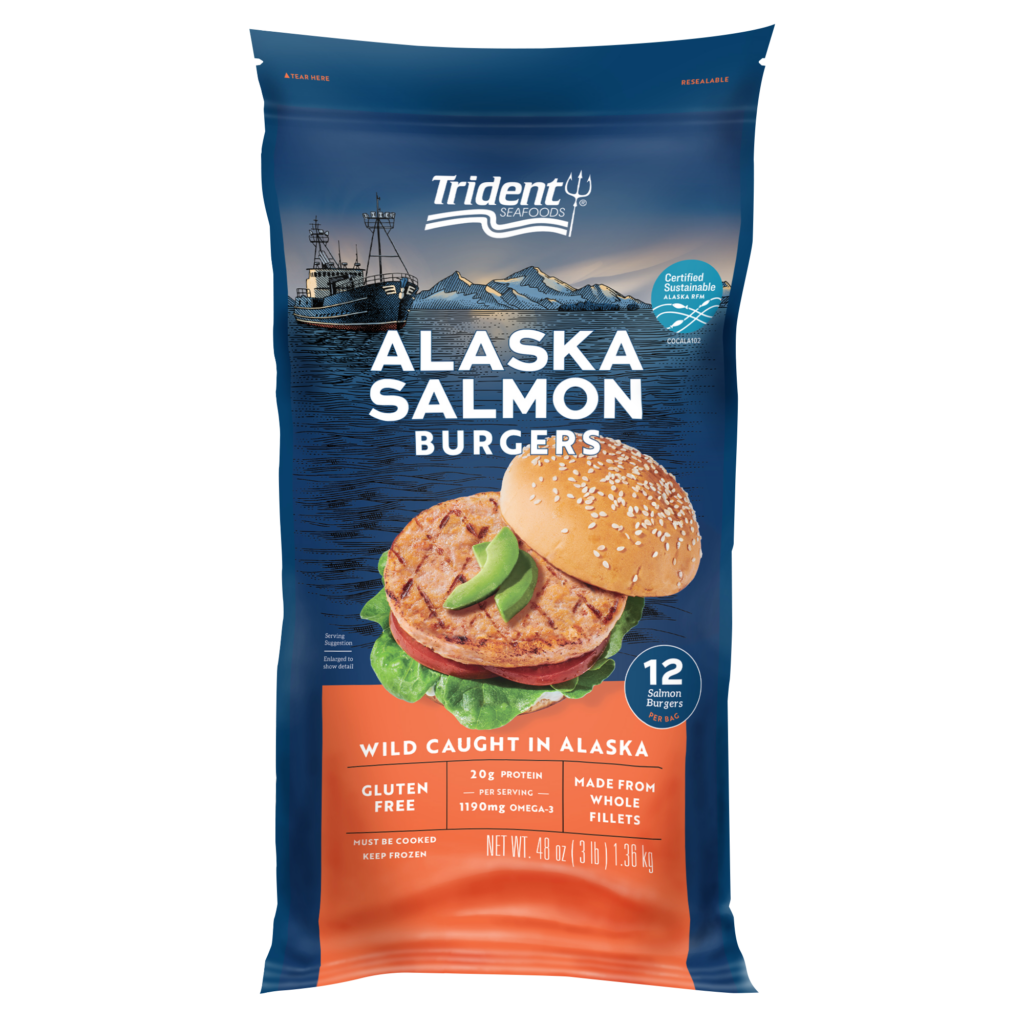
With the holiday season around the corner, Costco’s freezer section is packed with deals on all kinds of foods you’ll want to have on hand. From easy appetizers to hearty entrees and even desserts, Costco offers a wide variety of freezer finds that are perfect for feeding a crowd or just making weeknight meals a breeze. Read More.
16 Must-Have Aldi Fridge and Freezer Finds Under $10

Sometimes, it feels like everything’s getting more expensive, but Aldi’s here to save the day with some real gems under $10. Stocking your fridge or freezer doesn’t have to break the bank, especially when there are delicious, high-quality finds waiting on Aldi’s shelves. Read More.

When November rolls around, it’s the perfect time to refresh your wardrobe with cozy and stylish pieces, and Sam’s Club has a fantastic lineup of clothing deals that are too good to miss. From warm sweaters and versatile jackets to trendy boots and lounge essentials, there’s something for everyone to embrace the fall season in style. Read More.


